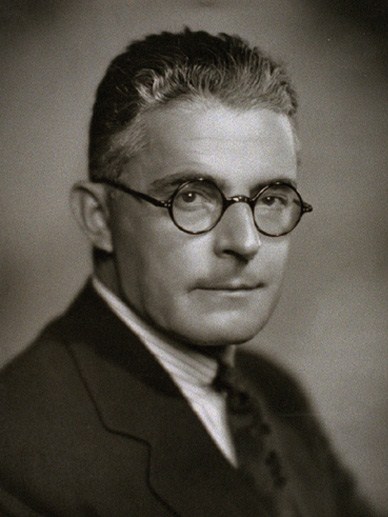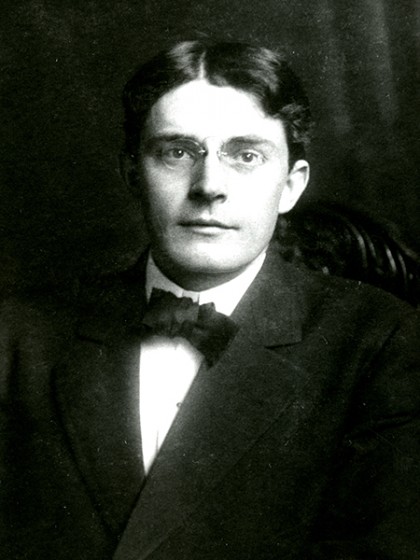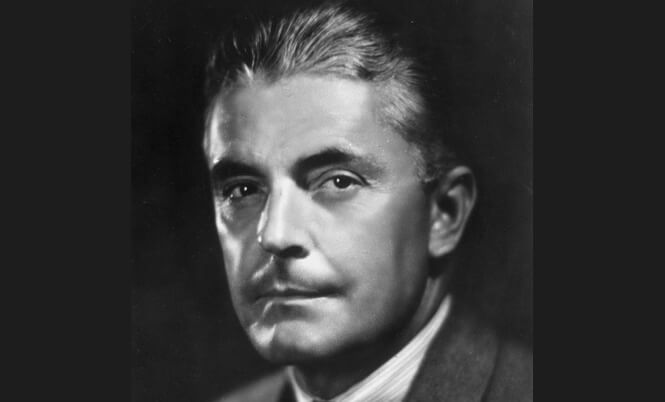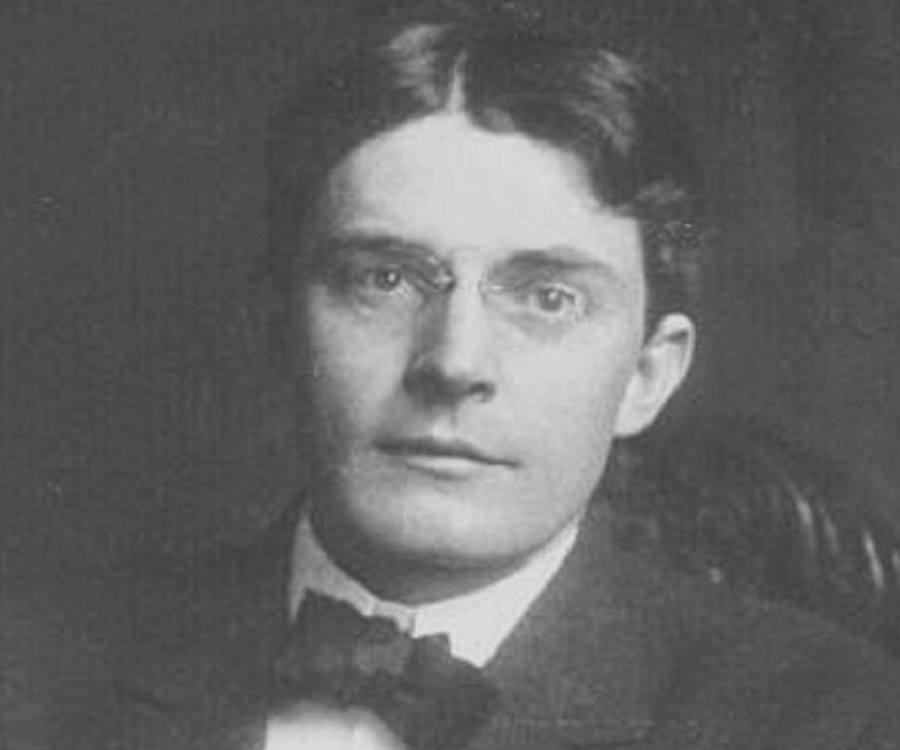Introduction
John B Watson was an American psychologist who is known for his work in behaviorism. He made significant contributions to the field of psychology and influenced many other psychologists. In this article, we will discuss some fun facts about John B Watson.
Early Life

John B Watson was born in South Carolina in 1878. He grew up in a poor family and was the fourth of six children. Despite his family's financial struggles, Watson was a bright student and excelled in school. He went on to attend Furman University and later earned his Ph.D. in psychology from the University of Chicago.
Behaviorism

John B Watson is known for his work in behaviorism, which is a theory that focuses on observable behaviors. He believed that behavior is shaped by the environment and that people can be trained to respond to certain stimuli. Watson's work in behaviorism influenced many other psychologists, including B.F. Skinner.
Little Albert Experiment

One of John B Watson's most controversial experiments is the Little Albert experiment. In this experiment, Watson conditioned a young boy to fear a white rat by pairing the rat with a loud noise. The boy eventually became afraid of not only the rat but also other white, furry objects. The ethics of this experiment have been called into question, but it is still a significant part of Watson's legacy.
Marketing

John B Watson is also known for his work in marketing. He believed that advertising should focus on the emotional responses of consumers rather than the logical appeals of products. His ideas about marketing were influential and helped shape the advertising industry.
Love Life

John B Watson was married twice in his life. His first marriage was to Mary Ickes, a fellow psychologist. They had two children together, but their marriage ended in divorce. Watson's second marriage was to Rosalie Rayner, who was his research assistant on the Little Albert experiment. They had two children together but also eventually divorced.
Legacy

John B Watson's work in behaviorism and marketing has had a significant impact on psychology and advertising. His controversial Little Albert experiment is still discussed and debated to this day. Watson's legacy continues to influence the field of psychology and the way we understand behavior.
Death

John B Watson passed away in 1958 at the age of 80. He had a long and influential career in psychology and left behind a legacy that continues to impact the field today.
Interesting Facts

Here are some additional fun facts about John B Watson:
- Watson was known for his love of cigars and would often smoke them during his lectures.
- He was a fan of the outdoors and enjoyed hunting and fishing.
- Watson was a prolific writer and published numerous books and articles throughout his career.
- He was offered a job at Johns Hopkins University but turned it down in order to work in advertising.
- Watson was once arrested for disorderly conduct after getting into a physical altercation with a fellow passenger on a train.
Conclusion
John B Watson was a significant figure in the field of psychology and left behind a legacy that continues to impact the field today. His work in behaviorism and marketing has had a lasting influence, and his controversial Little Albert experiment is still discussed and debated. Watson's life was full of interesting facts and stories, and he remains an important figure in the history of psychology.